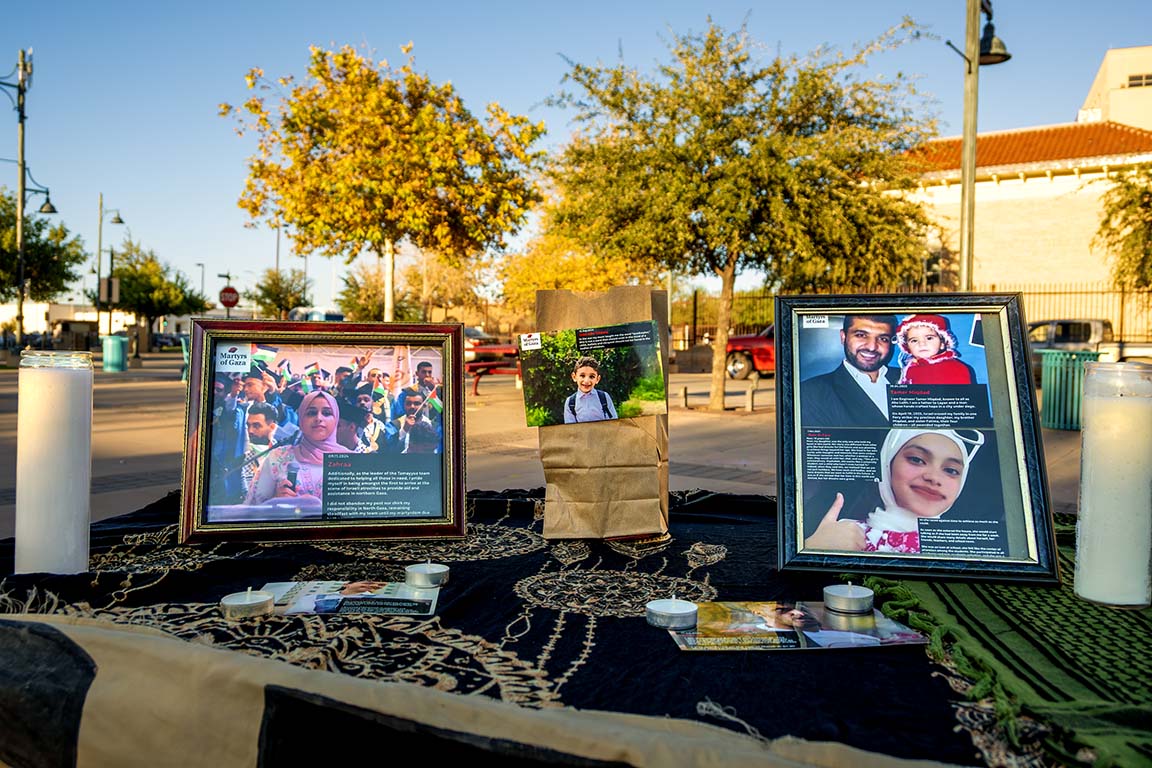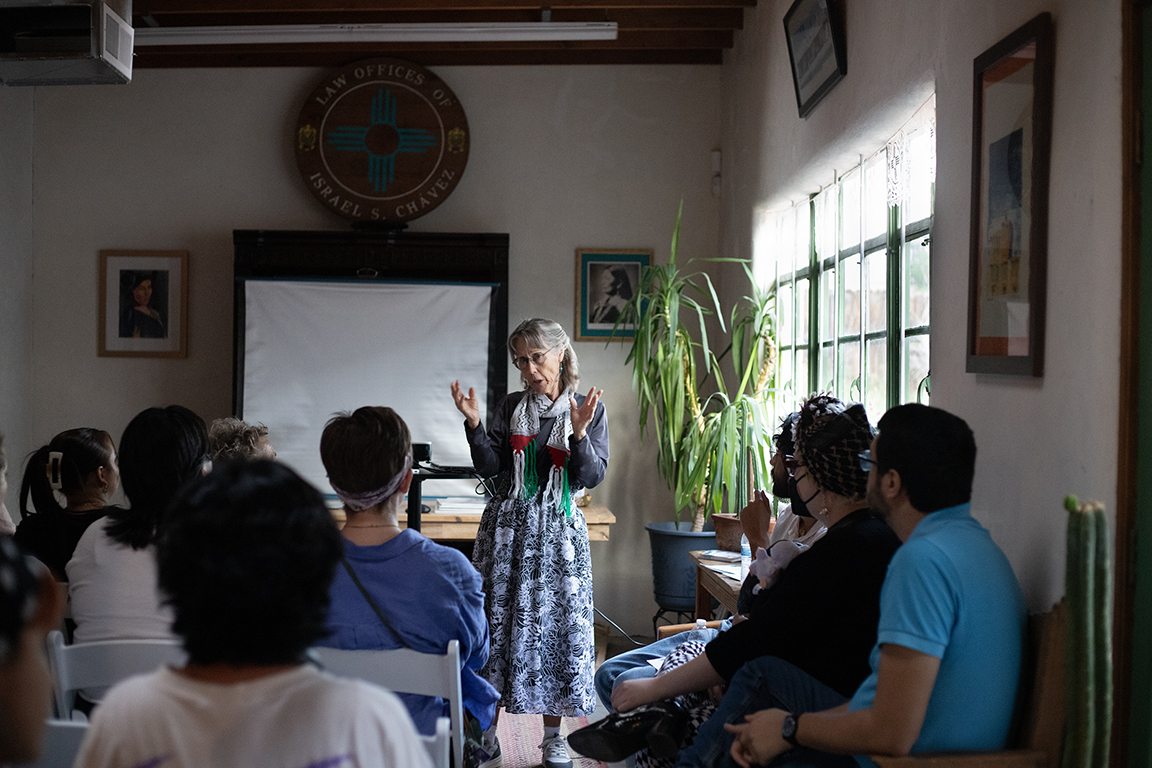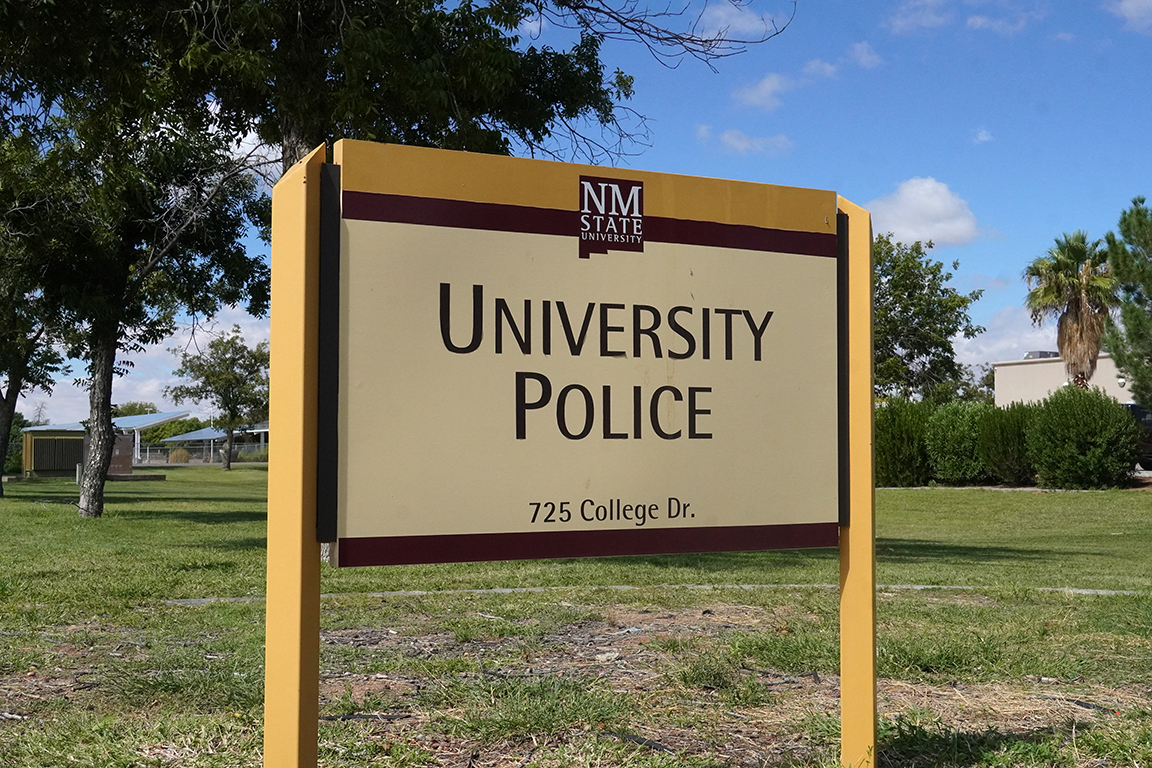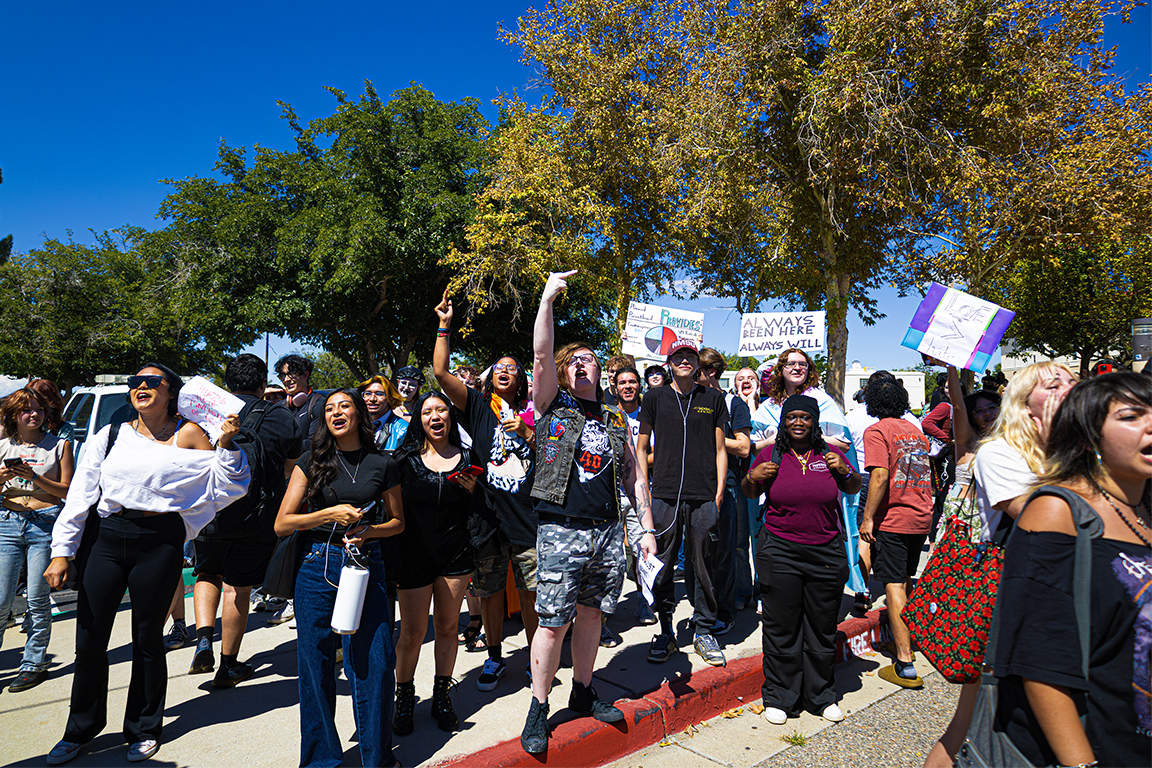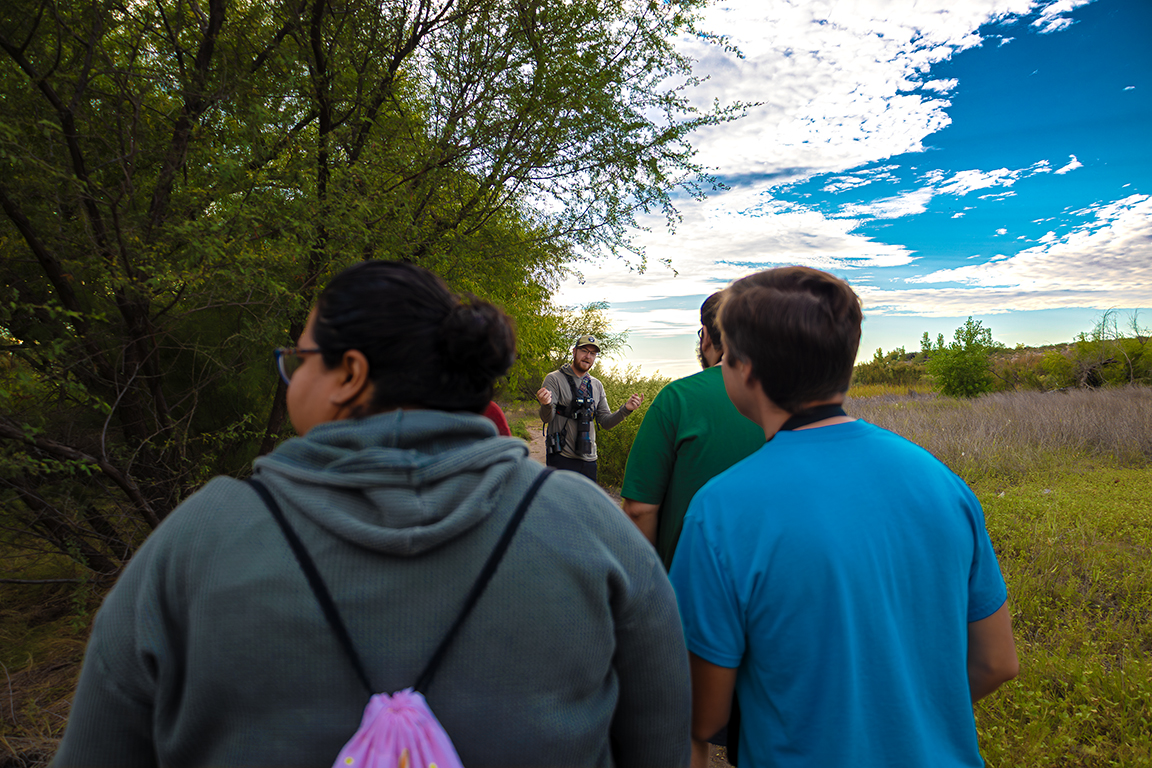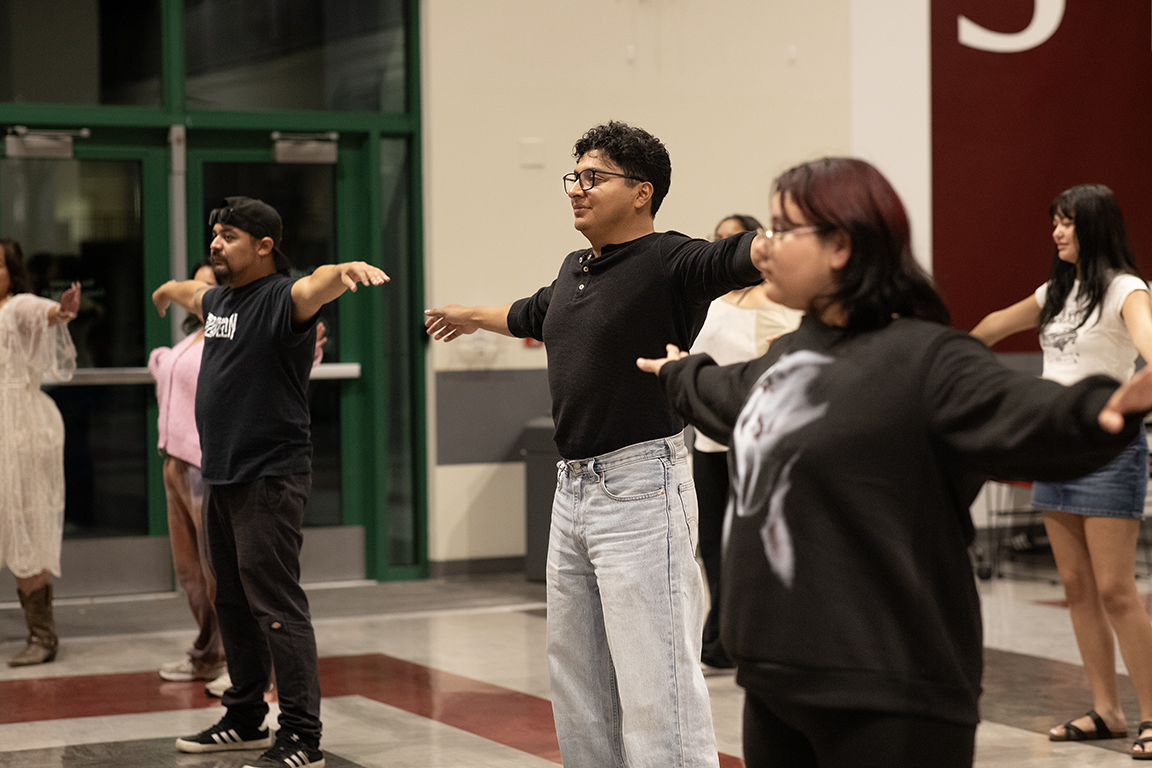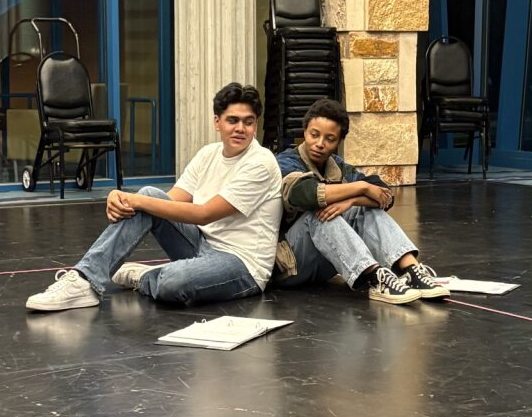Read the Spanish version of this article here.
“The blueprint for education in America is happening right here in New Mexico,” Governor Michelle Lujan Grisham said during the announcement for universal childcare in New Mexico on Sept. 8.
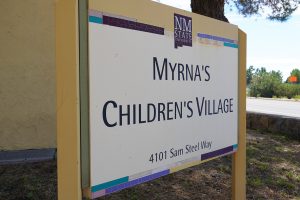
According to the New Mexico Early Childhood Education and Care Department (NMECECD), New Mexico will start offering no-cost universal childcare regardless of income starting Nov. 1. This development will save families an average of $12,000 per child each year.
“In fact, it [childcare] is the backbone of creating a system of support for families that allow them to work, to go to college, to do all of the things that they need to do to continue to lift New Mexico out of poverty and to provide the best early starts for every single child in every single New Mexico family,” Lujan Grisham said.
During her announcement, Lujan Grisham explained this program not only eliminates costs for families but also works to raise wages for the professionals taking care of New Mexico’s children.
The NMECECD website states that childcare facilities offering $18 per hour for entry-level staff and offering 10 hours of care five days a week will receive more funding for their operations than those that don’t. This policy aims to ensure that childcare providers are fairly compensated.
In order to properly compensate for the large increase in children being enrolled in childcare, the NMECECD estimates there will need to be 55 new licensed centers, 120 new licensed homes, and 1,000 new registered homes to support 12,000 additional children.
In 2024, Neal Halfon, professor and founding director of the UCLA Center for Healthier Children, Families and Communities, visited New Mexico to research various children to gain insight for this program.
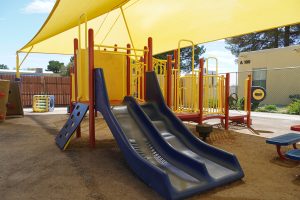
In his research, Halfon found that children in New Mexico face tougher economic, social, and educational issues than most of the country, but perform better than expected considering those difficulties.
“You’re moving forward a whole child, whole family, whole community approach,” Halfon said. “You realize that it takes a village, takes a city, it takes a pueblo, it takes a state to raise your children.”
Ava Armstead-Cozart, Principal Investigator for New Mexico State University’s Head Start Program in the School of Teacher Preparation, Administration, and Leadership.
Armstead-Cozart explained that the free childcare for all initiative is not only beneficial for families but also for the children. Children who attend early childhood education programs show higher academic outcomes, are more ready for school, have higher cognitive skills, and have greater social and emotional development.
“So, what we find is a protective factor for that is attending an early childhood program that is a good, licensed program,” Armstead-Cozart said. “There are some simple things you are going to find across the board in those programs, like daily routines, daily schedules, certain learning activities, and different things that will be available no matter what the program.”
Armstead-Cozart also mentioned that these routines help children become socialized in groups, learn rules, and learn emotional and self-regulation, helping with the child’s behavior and future. Additionally, she said attending early childhood correlates with higher graduation rates and has a huge impact on the child for the rest of their life.
She also explained how child care is important for the family’s health. Reducing stress within the household can reduce situations of neglect and abuse.

“So sometimes, in the very least, we get them [children] away from those stressful situations, right?” Armstead-Cozart said.
Abigail Wisniewski, interim director for the NMSU School for Young Children and Myrna’s Village. Wisniewski and Angeline Barela, a head teacher for the toddler classroom, are excited about the new initiative.
“I was like, wow, this is going to help a lot of people who need that help,” Barela said. “And then I thought about, well, can we have the facilities to cover this huge intake? Because there’s going to be a lot of, probably, families just waiting”.
Barela’s classroom was tuition-based and previously cost $945 per month, and the school also offered tuition-based aftercare they explained. Their waitlist is over 100 kids, and about 20 are one year old and under. Parents are putting their kids on the list before they would even be of age to attend.
“Now the thing that I worry about is that the total classroom, it’s only nine kids, we’re capped,” Wisniewski said. “There’s going to be more of a need to be able to have the staff and the facilities, money, to then be able to serve our community more, right?”
Despite the worry for how their waitlist will compile as free childcare goes into effect, NMSU SFYC and various other childcare facilities look forward to the emphasis this new program will bring to early education.
“It will be a relief to know that their [children] are going to be cared for, for up to 10 hours a day, and that their educators are going to be, you know, supportive,” Wisniewski said. “Because these sites are going to be financially supported, to then provide quality care as well as be able to have more resources.”


